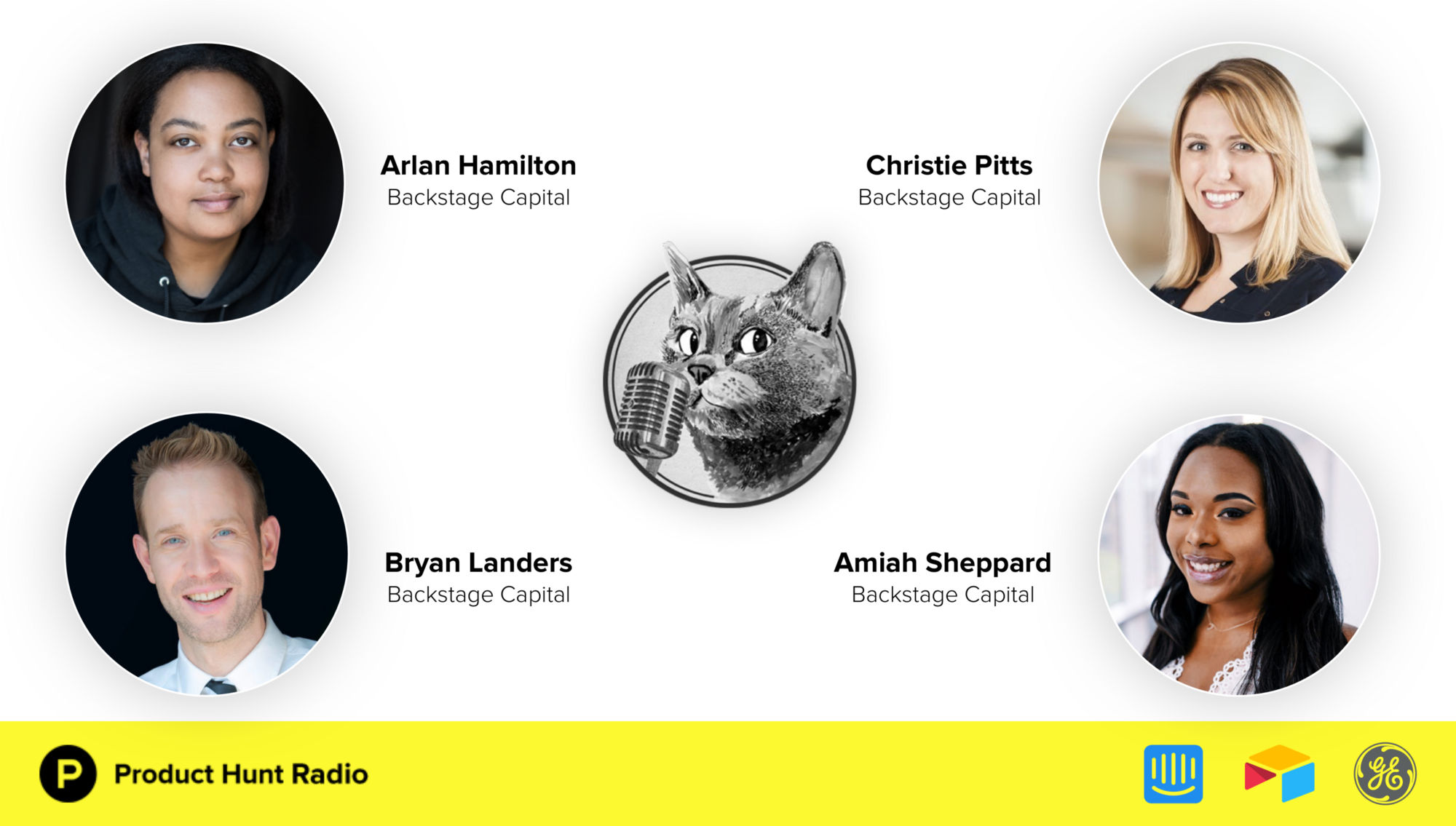Apple is
rumored to have acquired privacy-focused AI startup Silk Labs, according to
a Tuesday report from The Information. While the move may seem like just
another example of big tech snapping up the hottest AI startup, beneath the
surface, it signals something deeper: The competition among
|
|
|
|

Apple is rumored to have acquired privacy-focused AI startup Silk Labs,
according to a Tuesday report from The Information. While the move may seem like
just another example of big tech snapping up the hottest AI startup,
beneath the surface, it signals something deeper:
The competition among tech giants over AI isn’t just an arms race
—it’s a battle of philosophies.
On one side, companies like Google—despite taking PR hits over user privacy
concerns—are focused on providing the most ubiquitous, accessible
AI-powered services. Their bet: Ease of use and accessibility will
outweigh consumer privacy concerns. Others, like Apple, take the opposite
stance, betting a strong focus on privacy will continue to be a
differentiating factor for consumers.
Apple’s acquisition of Silk Labs further signals the tech giant’s
privacy-first philosophy. Launched on Kickstarter in 2016, Silk’s first
product, the Sense smart-home assistant, was built on AI technology that
ran locally on users’ devices. Sense never made it to market, but its
underlying technology reflects the same privacy-centric philosophy that
guides Apple’s approach.
Google’s most recent AI acquisitions, on the other hand, reflect a different
focus. Two of them, Onward and Dialogflow, are cloud-based services using
natural language processing to communicate with customers at scale.
Google’s goals with AI seems to be in keeping with its broader business
strategy—focus first on building the easiest-to-use ecosystem, rather
than the most privacy-centric.
It isn’t clear if users will ultimately prefer Apple's or Google’s
approach. A 2017 study by Deloitte found that, while the majority
of Americans are still uncomfortable sharing their browsing and social
media activity with companies, the number of Americans who say they don’t
mind doing so doubled from 2014 to 2016.
Ultimately, the competition for AI dominance among tech giants might not
be decided by whose technology is the most powerful. It could come down
to whose philosophy resonates most with users.
Want to
recruit better engineers? Open source your code

"Were you aware of the open-source software program at
Facebook?"
That was the question James Pearce, former head of Facebook's open source
program, asked engineers when studying why they joined the company.
According to Pearce's presentation at O'Reilly's Open Source Convention,
not only were two-thirds of Facebook's engineers aware of the open-source
program before they joined the company, but half of the engineers said it
“positively contributed to their decision to work for” Facebook.
Facebook isn't alone in this arena. Open sourcing code, regardless of
company size, is one of the best ways to recruit top engineers. We
analyzed the 30 most-applied-to U.S. tech companies of all time on
AngelList and found that over half of them host open-source projects.
There is an art, however, to leveraging open-source projects as
recruiting collateral—you'll need to do more than post a repo to GitHub
and hope for the best. To get recruiting benefits out of open sourcing
your code, you'll need to approach each project with a marketer's
mindset.
|
How to find
underestimated founders

Today’s episode of Product Hunt Radio is the largest gathering yet,
featuring Arlan Hamilton, Christie Pitts, Bryan Landers, and Amiah
Sheppard from the Backstage Capital team.
The crew, as they call the team at Backstage, walk through some of their
requests for products, including waterproof headgear, online book clubs,
and a way to bring the shared experience of live music online. Aspiring
founders, take note!
They also talk about some of their favorite products, like an app that
lets you experience live music in virtual reality, a service that lets
you search live audio, and a way to add pictures, maps or quotes to your
favorite podcasts. Keep reading.
Hot startups
hiring now 🔥
💸
Blend partners with banks and
lenders to power frictionless, compliant, and more accessible
lending—starting with mortgages. Hiring a software engineer, diversity, inclusion,
belonging leader, and more.
📚
Coursera is building a scalable,
personalized learning experience that supports each learner in achieving
their goals, and a data-rich teaching experience that enables instructors
to reimagine education at every scale. Hiring a senior front-end software engineer and
senior back-end engineer.
📊
Plaid focuses on lowering the
barriers to entry in financial services by making it easier and safer to
use financial data. The team builds consumer experiences, user-friendly
infrastructure, and intelligence tools. Hiring a software engineer, brand designer, and
more.
Check out the full list of Hot startups that are hiring. 👈
In case you
missed it
💰How to get a job at a crypto startup
🏢Sam Altman: Why join a company that’s scaling up
📈Steve Blank: How to keep your job as your startup grows
|
You're receiving this
email because you signed up for AngelList
814 Montgomery Street · San Francisco, CA 94133
Unsubscribe from
these notifications
|
|
|


